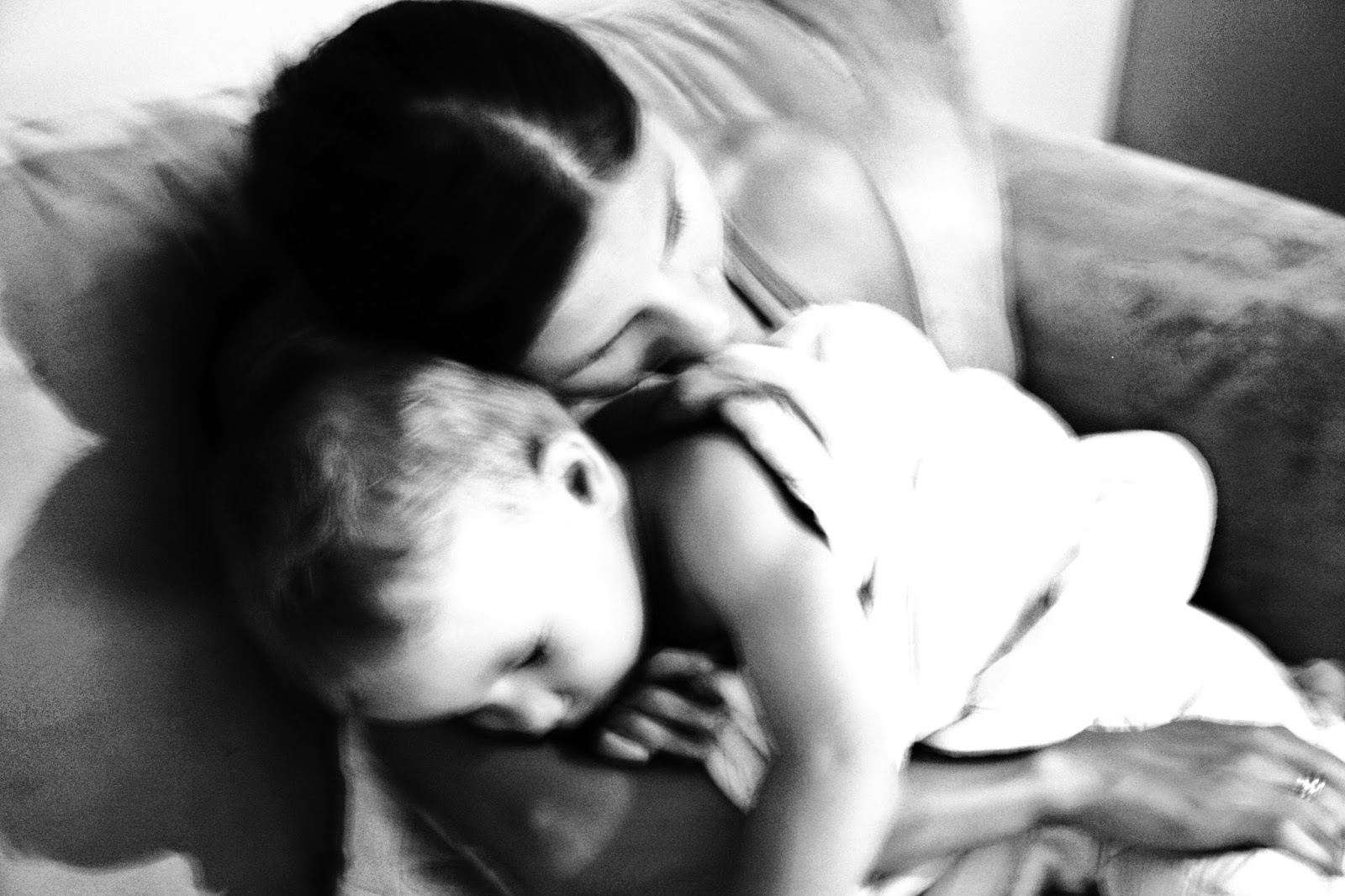Tuesday,
January 31, 2012
In the experience of the expert training last week
there was a leaflet from Vantaa City’s Social and Health Care Services: How do
the children manage with us? The parenthood of a depressed parent. Wonderful
thing that so much effort is made in creating such a leaflet, it will surely be
needed! Three are so many parents struggling with these issues. Finding
information or gaining understanding can be a challenge when one of the parents
is depressed or exhausted.
I have struggled, and I still do again and again into
the future, with the great guilt. How and what my child experiences due my
illness. How will it affect them, their growth, their development? Reading
whichever child rearing manual or basics of psychology, the interaction between
a mother/parents and a baby/child is stressed in the development of a child. Sometimes
some book got left unread when I could not bear the “guilting” of the mother
than started from page one. Or so I experienced it, because with my own
children, the early interaction was not perfect. The children were less than 1-
and 3-years old at the time when my darkest moments were imploding, when I was
thinking of death as an option. Then I was not being a mirror to my children’s
emotions. Of course I took care of my children, washed them, fed them, dressed
and held them, but I was also sad, anguished and distant. Enough?
What can I do, then, when my children have seen and
experience their mother’s depression and exhaustion. They have seen that their
mother is not herself and not always present, and mummy does not always have
the energy to smile. Does this mean it is all ruined, game over? Or would there
be some chance that my children will not develop deep, un-healable gashes within
their being? I cannot replace lost time. But can I, however, make this day and
the future a road smooth enough for my children, so they can survive without
any unbearable trauma caused by my depression/exhaustion?
When my older son was around three years old, he began
to ask questions; is mummy feeling good? Then I did not think of it much
further. But now, in hindsight, he probably saw my bad state. Even if I must
have been good at hiding it, as it was not noticed or understood in many of the
mental state facilities where I reached out for help. At least is goes to show
my child is very perceptive! I do not anymore remember when my son stopped
asking if I was feeling good. Probably around the same time when I started to
feel better and the child could stop worrying.
At the moment I think it could not really have been
that simple. But I do see that perhaps through an experience such as mine, one
can become an even better parent, better than before being sick. Perhaps as a
consequence I have developed more sensitive feelers for my children’s troubles
and their needs. I would catch even the smallest of things and I would wonder
if it is somehow connected to the past, my depression. Of course one would wish
that the child would not have to suffer from a mother’s illness. And if I have
ever caused any anguish that will only surface later in life, I want my
children to have the tools to deal with it. I want to cradle myself in the
thought that an experience this hard must have a positive and didactic outcome.
I hope to be the best mother to my children as exactly
as I am, and I feel I can replace those lost moment by being there now and
being able to help them process things. By today being smarter and kinder to
myself. I believe when I am feeling better, I can be a better mother. Even if
the guilt from those lost years still gnaws at me.
The best and most beautiful moments of daily routines
are when I see my children after work. My four year old runs to me screaming “mummyyyyyyy”
and leaps into my arms. Then I know I am good enough! The most important
message has been passed, I love my children above all else even if some days I
did not have the strength, the know-how, the understanding or the memory of
showing or telling it to them. Life carries you and today I have in a tight
interaction directly with my children.
Translated
by Aija Oksman
Photography by Timo Turkka





